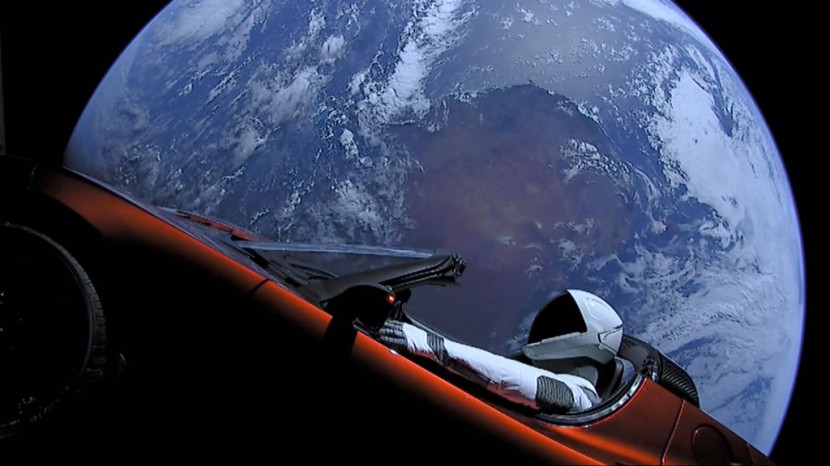
Our immune systems, alongside those of other mammals, could find it difficult to combat alien viruses and bacteria from other planets, according to scientists. This begs the question: Could future pandemics originate from space?
It is claimed that microorganisms could exist on other planets. Experts are looking to detect signs of such on Mars and the moons of Saturn and Jupiter.
As the novel coronavirus pandemic continues to increase in prevalence across the globe, the public is distressed and is seeking explanations. The bizarre theory circulating online is that the virus originated from outer space.
COVID-19 did not originate from outer space. Scientists debunked the ideas of the said theory, regarding them as pseudoscience or bad science, reported Space.
Alien organisms could be reliant on varying amino acids more than life on Earth. Exeter and Aberdeen experts tested how mammal immune cells reacted to amino acids that are usually detected in meteorites, indicated Daily Mail.
Information on the coronavirus indicates that it lines up with information regarding terrestrial viruses. The virus causes the illness COVID-19, which has become prevalent globally, reported The New York Times.
Immune cells can respond to rare amino acids but in a method that is relatively less orderly than their common responses.
According to findings, extraterrestrial microorganisms could likely imply a risk to space missions in the future and to life on our planet if returned on Earth.
Astrobiologist Graham Lau, who hosts NASA's "Ask an Astrobiologist" series, stated regarding the coronavirus, "If this thing had some different kind of biomolecule in it that's different from life as we know it" then there could be motivation to probe if the coronavirus had extraterrestrial roots. He added that if so, there could be Earthly explanations.
Despite theoretical probabilities, there is no concrete evidence yet to prove that COVID-19 originated from outer space.
The globe is now too acknowledgeable of the immune challenge connoted by the arrival of new pathogens," according to paper author and microbiologist Neil Gow of the University of Exeter.
They were interested in what would ensue if Earth people would be exposed to a microorganism taken from the moon or another planet.
"Would our immune system be able to detect proteins made from these non-terrestrial building blocks if such organisms were discovered and were brought back to Earth and then accidentally escaped?" Gow continued.
Professor Gow and his colleagues experimented with T cells from mice, whose immune systems work identically to those of humans. They laid them bare to peptides consisting of 2-aminoisobutyric acid and isovaline. The researchers discovered that the mice's T cells were less orderly at responding to the rare amino acids.
Earth life is dependent on the necessary 22 amino acids. On whether future pandemics could come from space, the team hypothesized that life forms that developed in an environment of varied amino acids could consist of them in their composition.
Related Article : Chinese Space Junk Crashes Into Earth's Atmosphere








